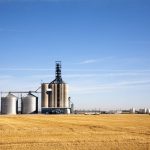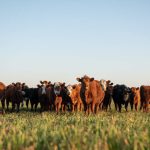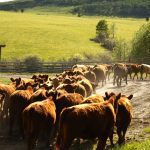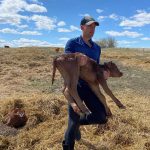
Tag Archives Beef Cattle

The changing face of veterinary medicine and beef production
Beef production has changed dramatically as techniques have improved, and that's a story the public needs to hear

China shuts cattle farm after anthrax outbreak, five human infections

Feds announce $6 million beef marketing boost

Beef stakeholders invited to weigh in on code of practice
Canada’s Code of Practice for the Care and Handling of Beef Cattle to be updated

Seventeen U.S. states restrict cattle imports from avian flu-infected areas

Flu outbreak sees buyers balk at beef futures
Cash prices fairly level; beef producers should look into risk management tools, analysts say

AI and beef production: When good isn’t enough anymore
AI is bringing a new era to the beef sector, and status-quo thinking won’t cut it

Beef braces for bird flu
Avian influenza strain may not affect beef cattle the same as dairy

JBS says US beef division facing challenges, Seara unit improving
Low cattle supply behind weakness in US division; headwinds expected to continue

Manitoba beef eyes Alberta AgriStability pilot
The program aims to identify how to close gaps for cow-calf producers




